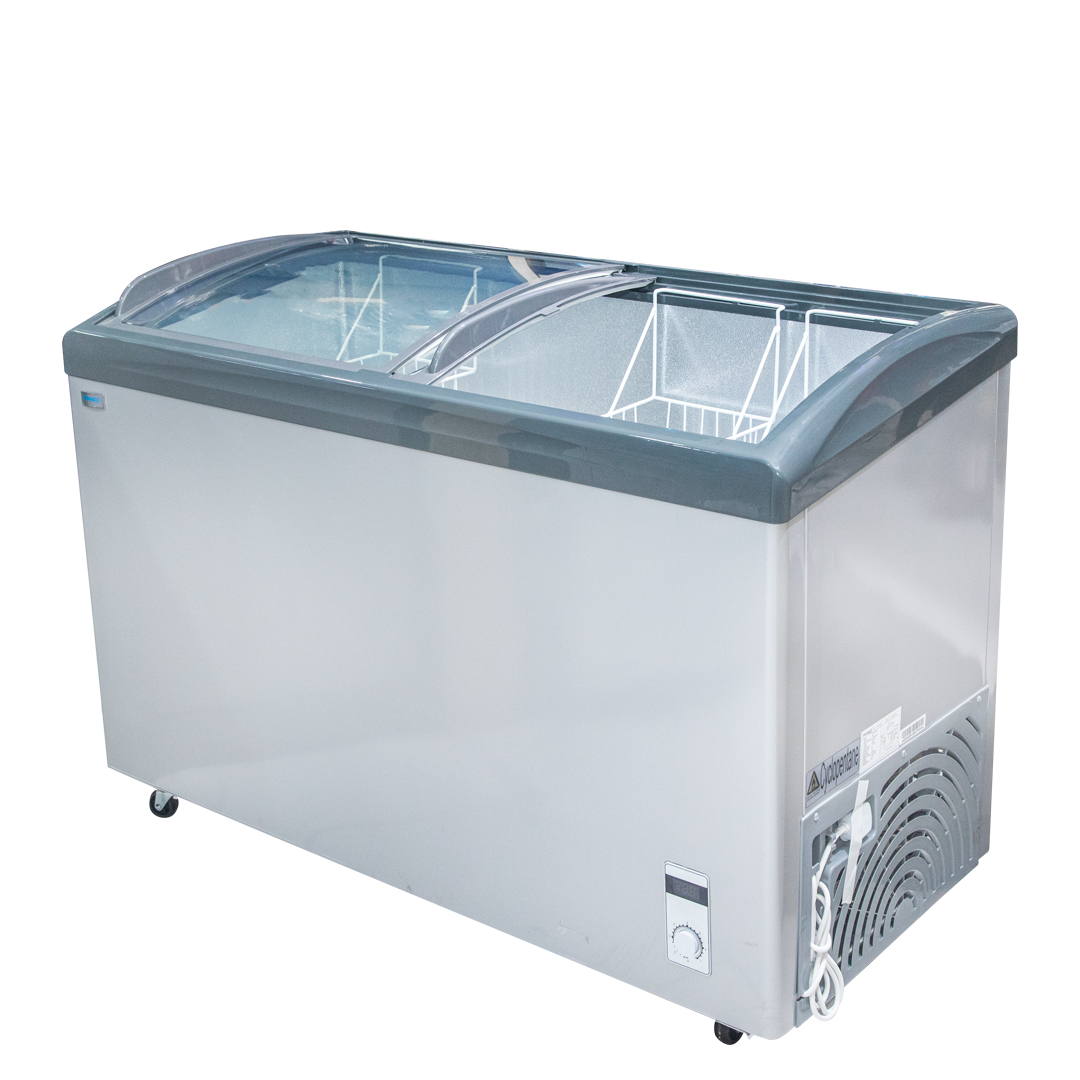Securing a self employed home loan in Australia can be a unique challenge compared to traditional loans. Without the standard payslips or proof of consistent income that most lenders require, self-employed individuals need to meet specific credibility criteria to qualify for a mortgage.
This guide will outline the key factors lenders consider when assessing loan applications from self-employed borrowers.
1. Demonstrating Consistent Income
One of the most critical factors in qualifying for a self employed home loan is proving consistent income. Lenders typically require at least two years of financial records, including tax returns and business activity statements (BAS). These documents help lenders assess your income stability and determine your ability to repay the loan. If your income fluctuates, providing detailed explanations or evidence of ongoing contracts can strengthen your application.
2. Providing Detailed Financial Documentation
While self-employed borrowers may not have payslips, comprehensive financial documentation can help establish credibility. This includes profit-and-loss statements, balance sheets, and personal bank statements. These records give lenders a clearer picture of your financial health and the stability of your business. For newer businesses, lenders may require additional proof, such as forecasts or a letter from an accountant verifying your income.
3. Building a Strong Credit History
Your credit history plays a vital role in demonstrating your financial reliability. A solid credit score shows that you have a track record of managing debt responsibly. To improve your chances of approval, ensure that you have no defaults or outstanding debts on your record. If your credit score is less than ideal, taking steps to improve it before applying can make a significant difference.
4. Demonstrating Business Stability
Lenders are more likely to approve applications from self-employed borrowers with a stable business history. Ideally, your business should have been operating successfully for at least two years. This stability reassures lenders that you have a reliable source of income to meet your loan repayments.
5. Considering a Specialist Lender
If you’re struggling to meet the criteria of mainstream banks, exploring a self employed mortgage through a specialist lender may be a viable option. Specialist lenders often have more flexible requirements and are experienced in working with self-employed individuals.
Conclusion
In conclusion, securing a self employed home loan in Australia requires careful preparation and a strong financial profile. By providing consistent income records, detailed documentation, a good credit history, and demonstrating business stability, you can improve your chances of loan approval. Understanding the expectations of lenders and seeking professional advice can make the process smoother and more successful.

 Home
Home







